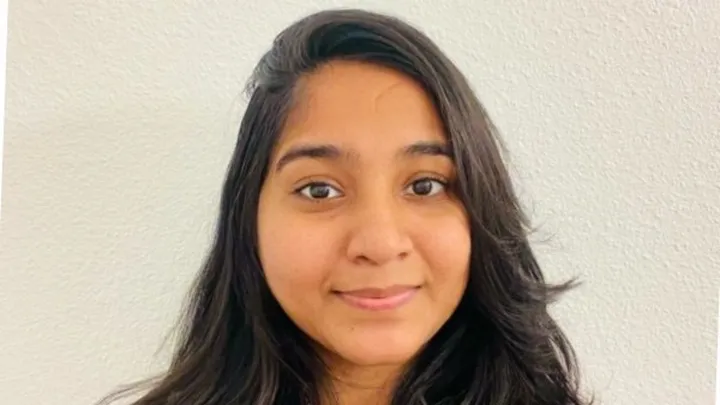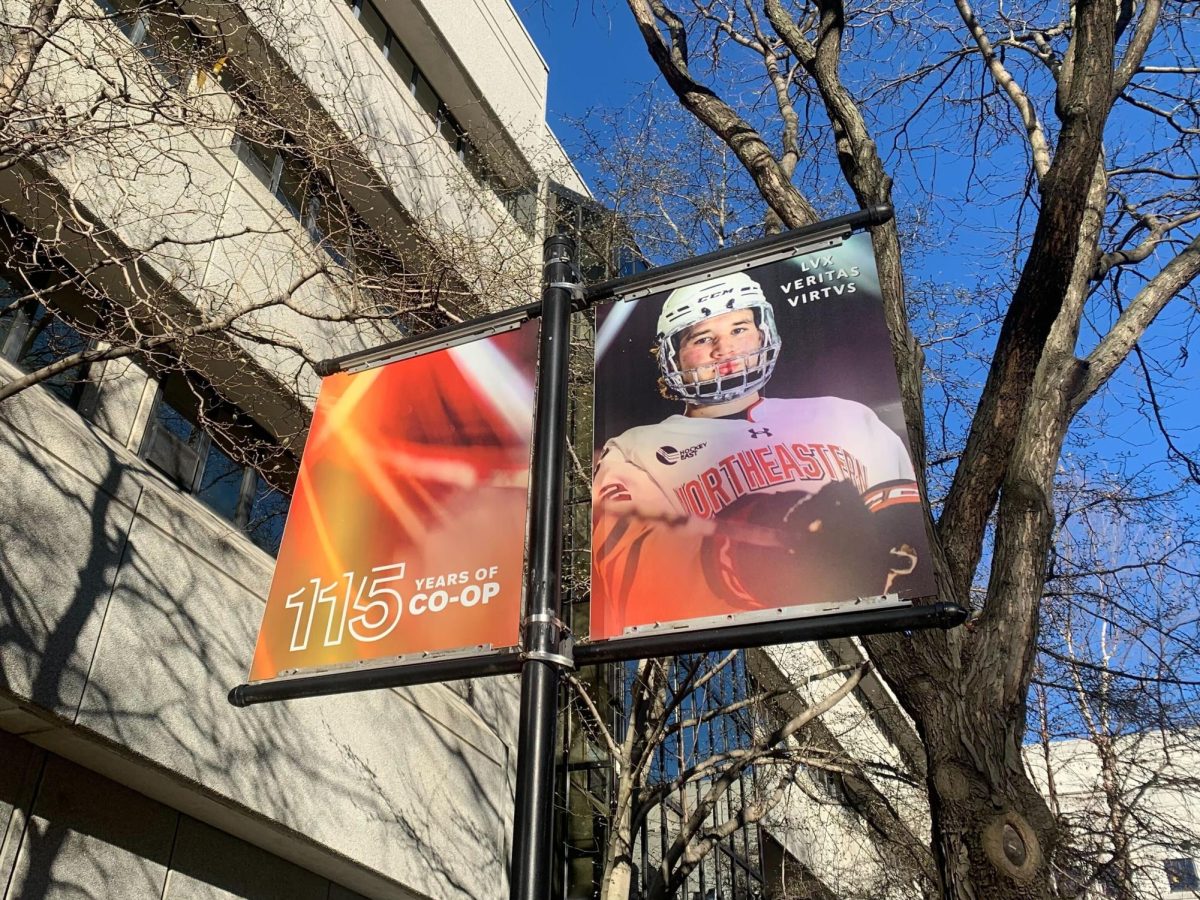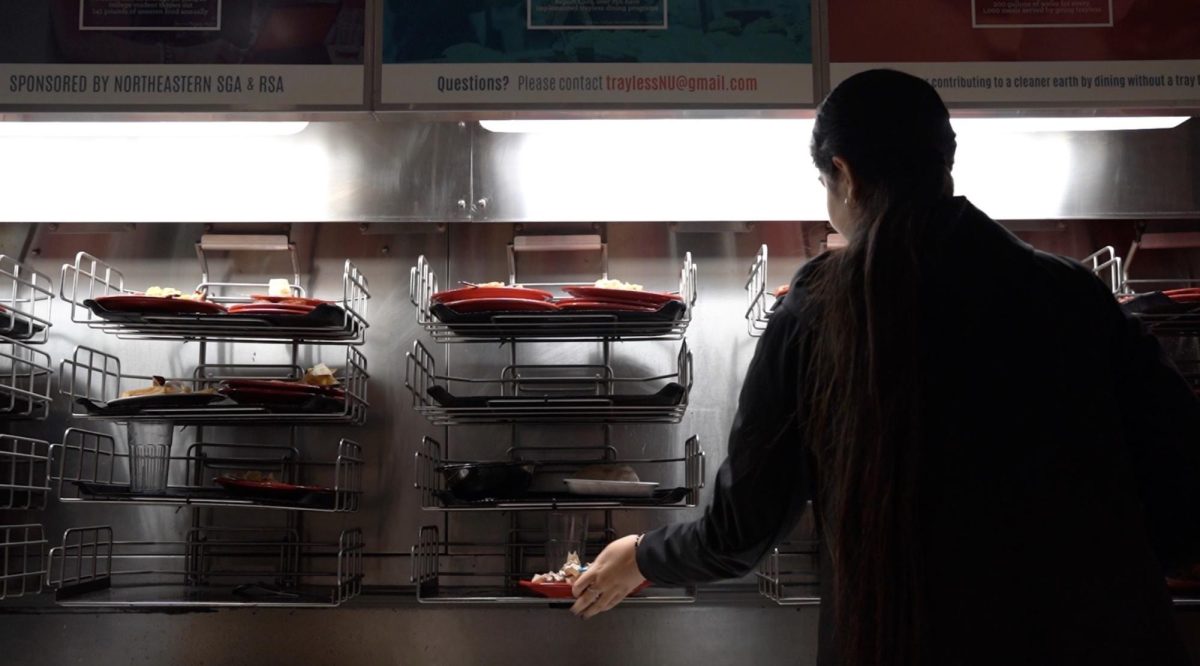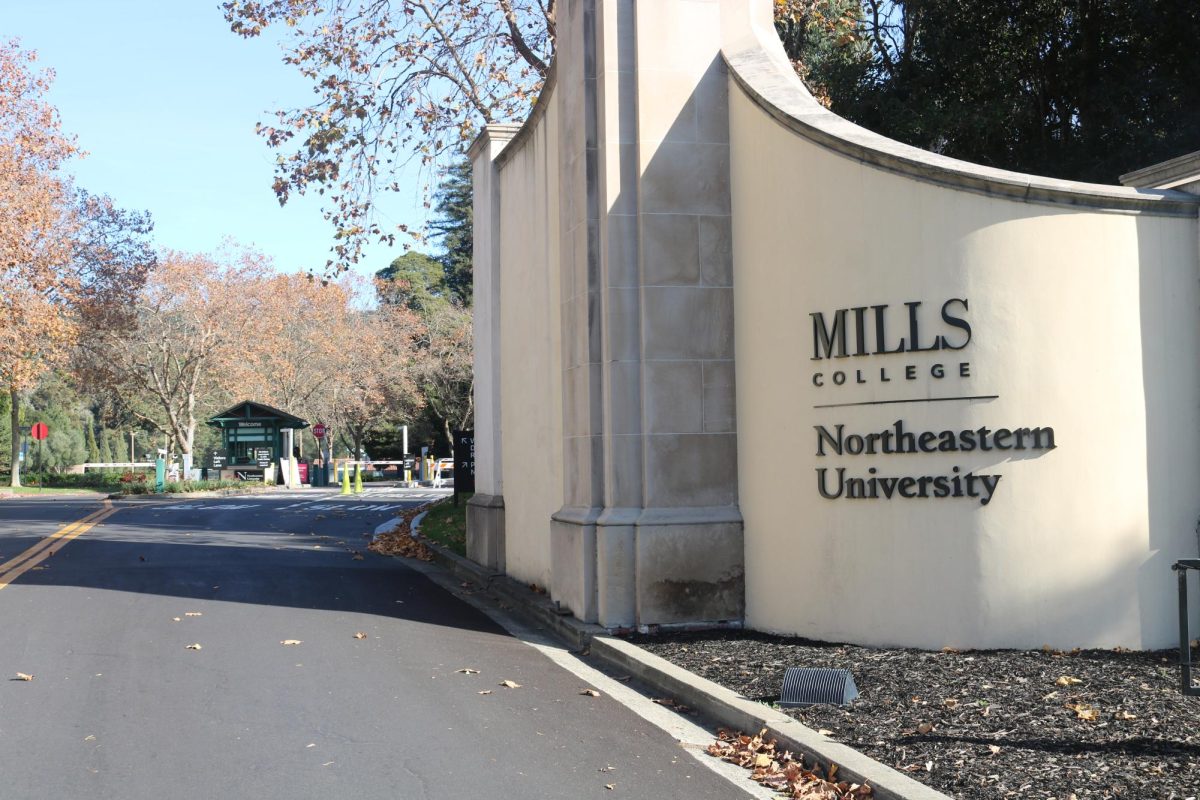By Nicole Haley
As news of the first American prisoners of war spreads throughout the country, families and friends of soldiers fighting overseas live with the fear that one of their loved ones may be next. One Northeastern journalism professor knows exactly what it is like to be a prisoner in a foreign land.
When Professor Nicholas Daniloff sees news of American POWs, he recalls the feelings of uncertainty and fear that he experienced 17 years ago when his freedom was suddenly taken away in Moscow.
Though Daniloff was not a soldier, he was serving as the Moscow bureau chief for U.S. News ‘ World Report and was returning from a meeting with a news source when he was accosted by eight men in a white van while walking along the Moscow River on Aug. 30, 1986. The KGB arrested him and accused him of being a spy.
“You don’t really appreciate the freedom you have until that freedom is taken away,” Daniloff said.
Daniloff recalls his own feelings of anxiety during his captivity in Russia. He says the worst part of the experience was “the constant waiting and waiting.”
“You’re in a situation where you don’t know what’s going to happen next or when it’s going to happen,” he said. “You tend to spook yourself and it’s very difficult to feel comfortable or to get any rest. You’re frightened on the long-term.”
Daniloff described being taken to a cell in a “dungeon-like” basement of an 18th century building.
“When the door closed behind you, you had this feeling that you were being totally forgotten and might stay there forever,” he said.
Even though he said he knew that rationally these fears were unfounded, he could not keep the thoughts from his mind. In a segment that aired March 25, Daniloff told WCVB Channel 5 News about his two-week experience as a prisoner in Russia. He spoke about his hopes for American POWs as well as his professional observations on the media’s coverage of the war.
“The first thing that goes through your mind is the feeling that, ‘God, I’m in a lot of trouble,'” he said.
Though Daniloff said he did his best to appear calm during his confinement, calm was not how he felt. He was forced to deal with the startling realization of being in a situation in which “your physical existence depends on the people who’ve captured you.”
Daniloff said he believes Iraq will comply with Geneva Convention codes in allowing the International Committee of the Red Cross to inspect the conditions for American POWs, but he expressed some concern as to when that would take place.
As a journalist who was around during the Vietnam War, he remembers when the “military tried to keep the press at arms length.” Since then, Daniloff has closely observed the current practice of placing journalists inside military units.
In some ways, Daniloff says he feels this process can lead to better reporting because the journalists are required to go through some military training, providing them with important knowledge about military equipment and procedures.
“So far, one gets the impression that the system has worked quite well,” Daniloff said.
Although reporters are granted a more “intimate knowledge of how the military works” by following the troops, Daniloff worries that the bond of common experience created between the troops and the reporters may inspire correspondents to send home more uplifting reports.
Daniloff stressed that journalists have to take responsibility to understand the countries they are going to be reporting in. Knowing about the differences in lifestyle and culture is especially important for American reporters currently in Iraq.
“There seems to be no single truth,” he said. “Life has become more complicated and the days that you could get your information from a single source are over.”
Daniloff said that American journalists overseas need to be aware of how they are perceived in other countries, particularly in a “very hostile” environment like Iraq.
“When you go to someone else’s house carrying a gun with hostile intent, you can’t expect to be treated well,” he said.
The lessons Daniloff learned by his own experiences have become important teaching instruments. After 30 years as an active journalist, Daniloff believes he has an “interesting bag of knowledge” to offer students and said that he feels an obligation to share that knowledge.
Stephen Sears, a sophomore journalism major, remembers Daniloff’s stories from the Newswriting I class he took last year. Sears said that Daniloff’s vast experience gave him a kind of authority that made students take his lessons seriously.
“You gain a lot of respect for him because he was really out there,” Sears said.
By his own example, Daniloff stresses the importance of hands-on experience, observing that his students rely too heavily on the Internet and the telephone.
While he feels that these are valuable resources, “I want them to go out and witness things with their own eyes,” he said.








